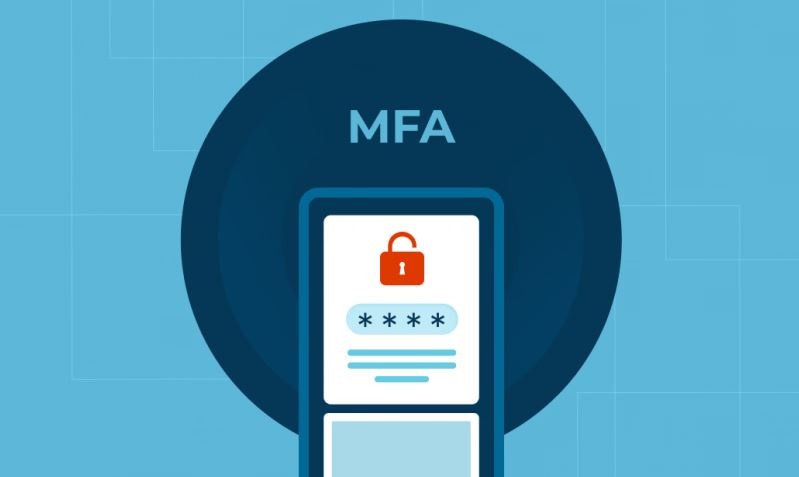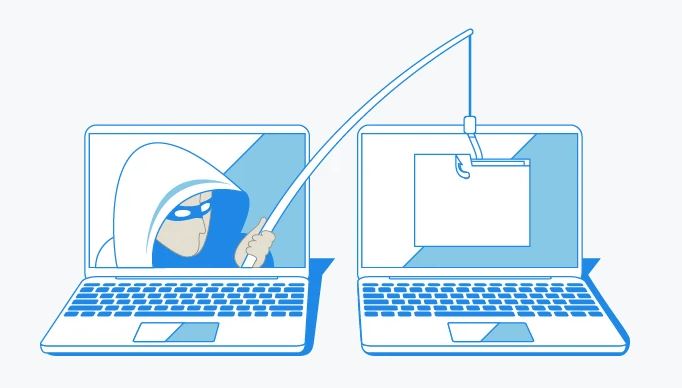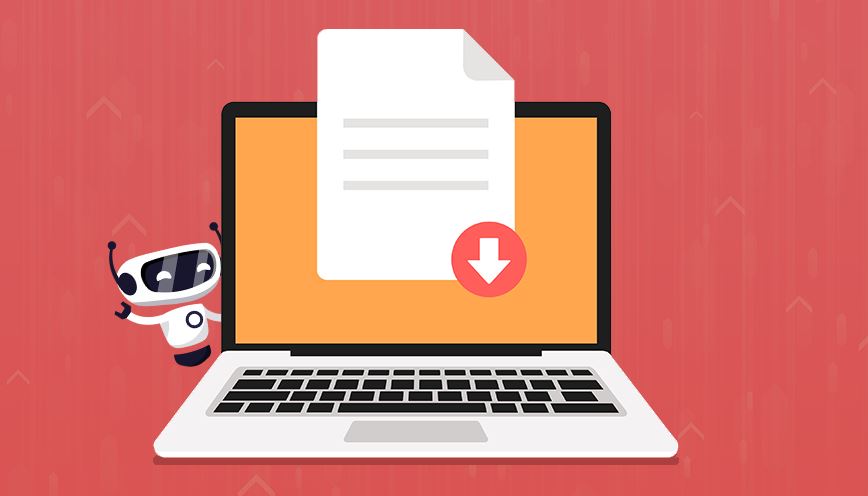WhatsApp has become a lifeline for millions of iPhone users. From private chats to business deals, it handles sensitive conversations daily. While WhatsApp uses end-to-end encryption, it doesn’t make your account immune to hacking. IPhones can still fall victim to phishing, spyware, SIM swap attacks, and fake app installations.
This article walks you through 13 practical, proven ways to secure your WhatsApp on iPhone. Whether you’re a casual user or a business professional, these steps will ensure your messages stay private and your account stays protected.
1. Enable Two-Step Verification for WhatsApp
Two-step verification (2FA) is one of the most effective ways to secure your WhatsApp account. It requires a 6-digit PIN, which is asked for periodically and during reinstallation on any device. This extra layer keeps your account safe even if a hacker gets access to your SMS verification code.

To enable it, open WhatsApp and go to Settings > Account > Two-step verification. Tap on Enable, set your PIN, and add a recovery email. Make sure this email is secure and not linked to your Apple ID or other public profiles.
✅ This step blocks unauthorized reactivation of your WhatsApp account on another phone.
2. Never Share Your Verification Code with Anyone
Scammers often impersonate your friends or even WhatsApp itself and ask for the 6-digit verification code you receive via SMS. This is a common social engineering tactic where the hacker tricks you into handing over control of your account.
WhatsApp will never ask for your verification code, not via message, call, or email. Once a hacker has that code, they can instantly register your WhatsApp on their device and lock you out.
🚫 Always treat this 6-digit code like your ATM PIN, confidential and private.
3. Use Face ID or Touch ID to Lock WhatsApp
Adding biometric authentication ensures that no one can open your WhatsApp even if they have physical access to your iPhone. WhatsApp supports both Face ID and Touch ID, based on your device model.
Go to WhatsApp > Settings > Privacy > Screen Lock, and toggle on Face ID or Touch ID. For stronger protection, set the screen lock to activate immediately after you close the app.
🔒 This prevents nosy friends, family, or even phone thieves from accessing your private chats.
4. Regularly Check Linked Devices and WhatsApp Web
Hackers sometimes use WhatsApp Web to secretly spy on your chats. All it takes is scanning your QR code from a laptop or desktop, which can be done quickly if your phone is unattended.
To monitor this, go to Settings > Linked Devices in WhatsApp. You’ll see a list of all browsers and computers currently logged in. If anything looks unfamiliar, tap it and choose Log Out.
🔍 Make it a weekly habit to review linked devices to avoid long-term unnoticed access.
5. Be Alert for Phishing Messages and Fake Links
Many users fall into the trap of clicking on malicious links sent via SMS, email, or even WhatsApp messages that look official. These might claim your WhatsApp is about to be suspended or ask you to “verify” your account on a fake page.

Always look at the sender’s email address or number. Never click on suspicious links and never fill in your WhatsApp credentials outside the app or the official WhatsApp website.
⚠️ Phishing is one of the easiest ways for hackers to gain full access to your WhatsApp account.
6. Keep Your iPhone and WhatsApp Updated
Apple frequently releases iOS updates that patch security vulnerabilities, including those that hackers exploit. WhatsApp also rolls out updates with critical security fixes and performance improvements.
To stay protected, go to Settings > General > Software Update and enable auto-updates for your system and apps. Keeping both iOS and WhatsApp updated ensures you have the latest security protections.
🔄 Outdated software is one of the most common weak points that hackers exploit.
7. Set a Strong iPhone Passcode
If someone physically steals your phone, the strength of your passcode is your last line of defense. Many users still rely on weak, guessable codes like “123456” or their birth year.
Instead, choose a 6-digit or alphanumeric passcode that’s difficult to guess. You can also enable the “Erase Data” feature after 10 failed attempts from Settings > Face ID & Passcode.
🔐 Your iPhone passcode protects all your data, not just WhatsApp. Don’t take it lightly.
8. Secure Your iCloud and WhatsApp Backups
Your WhatsApp backups are stored in iCloud if you’ve enabled that feature. If a hacker gets access to your Apple ID, they could potentially restore your WhatsApp chats on their device.
Enable two-factor authentication (2FA) for your Apple ID and use a unique, strong password. You should also check the list of devices signed into your iCloud account regularly.
☁️ If you’re highly privacy-focused, consider turning off WhatsApp iCloud backup to prevent any recovery misuse.
9. Avoid Jailbreaking Your iPhone
Jailbreaking removes Apple’s built-in security limitations, giving you more control, but at a significant cost. Jailbroken devices are far more susceptible to malware, keyloggers, and unofficial app installations that can compromise WhatsApp data.
Unless you’re a security expert who understands the risks, jailbreaking is a bad idea. It voids your warranty and exposes your entire device to potentially untrusted software.
🚫 Jailbreaking may unlock more features, but it also unlocks the doors for hackers.
Read: Protect Your Child From Inappropriate Internet Content
10. Download Only Trusted Apps from the App Store
Some third-party apps, especially from outside the App Store, are designed to spy on users or steal data. These apps may request unnecessary permissions or install spyware that logs your keystrokes or screens.

Only install apps from the Apple App Store and review their developer reputation and ratings. You can check app permissions in Settings > Privacy & Security.
📱 A single shady app is enough to compromise your device and WhatsApp data.
11. Avoid Using WhatsApp Clones and Modified Versions
Apps like GBWhatsApp, WhatsApp++, or YOWhatsApp may promise customization and extra features, but they’re not officially supported and often carry hidden malware.
Such clones are not vetted by Apple or WhatsApp and could expose your account to backdoor attacks or data leaks. Moreover, WhatsApp may ban your account for violating its terms of service.
❌ Stick with the official WhatsApp Messenger app for your safety and compliance.
12. Control Auto-Download of Media Files
Auto-downloading all media can clutter your storage, and worse, open the door to malware via images, videos, or documents sent by unknown users.
To manage this, go to Settings > Storage and Data in WhatsApp and disable auto-download for all file types or limit it to Wi-Fi only. This gives you time to verify the media before downloading it.
🖼️ It’s safer to preview media first, especially if it’s from an unknown contact or group.
13. Know What to Do If Your WhatsApp Is Hacked
If your WhatsApp is compromised, you should act quickly. Reinstall WhatsApp and verify your number using the SMS code. If someone has set up 2FA, you may need to wait 7 days to regain full access.
During this time, notify your contacts to ignore any strange messages from your number. You can also reach WhatsApp support at support@whatsapp.com to report the incident and request a temporary suspension if needed.
🚨 Quick action can reduce damage and help regain control of your account.
❓ Frequently Asked Questions
Yes, through phishing, SIM swapping, or iCloud breaches, even if the app itself is secure.
Go to Settings > Linked Devices to view all active sessions and log out any unfamiliar ones.
Yes, WhatsApp notifies you when a new device is linked. Always review these prompts carefully.
✅ Conclusion
Securing your WhatsApp account on iPhone isn’t just about one setting; it’s a combination of smart habits, strong passwords, and regular vigilance. By following these 13 proven tips, you’ll significantly reduce your risk of falling victim to hacking, phishing, or unauthorized access.
Remember, digital privacy is not a one-time setup. It’s a continuous effort. From enabling two-factor authentication to avoiding shady apps and phishing links, every small step counts. Stay alert, stay updated, and keep your private conversations safe.
